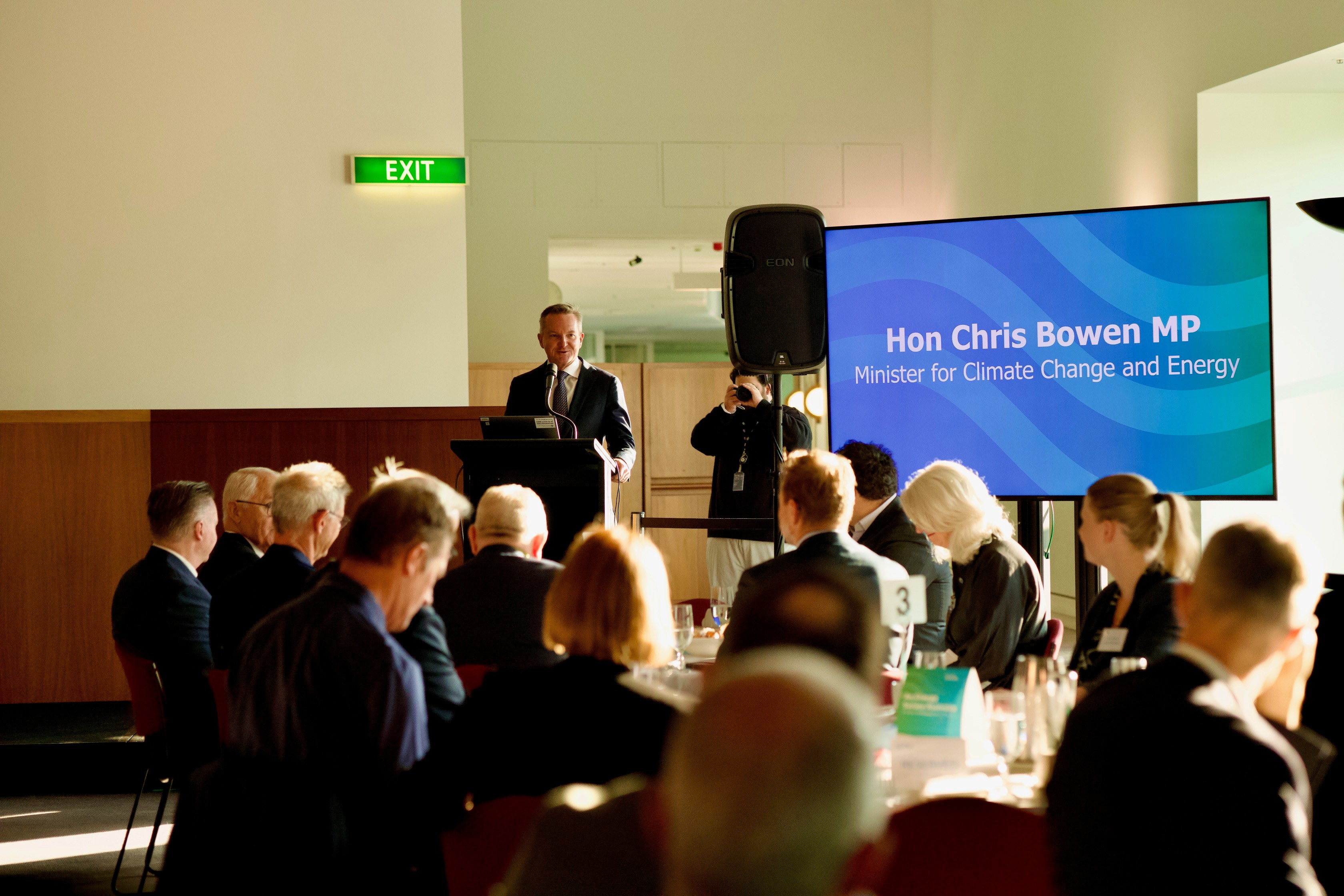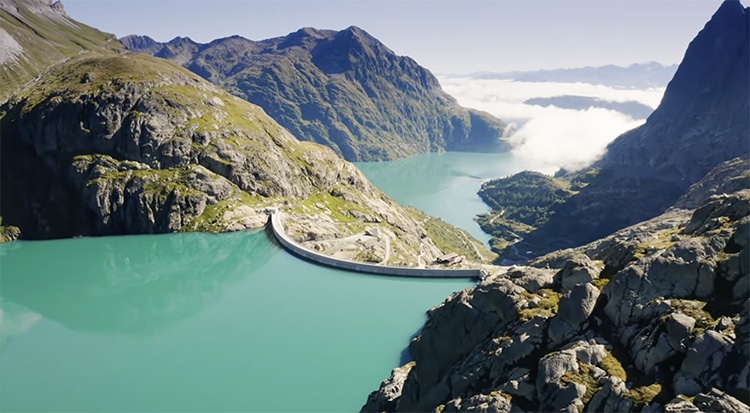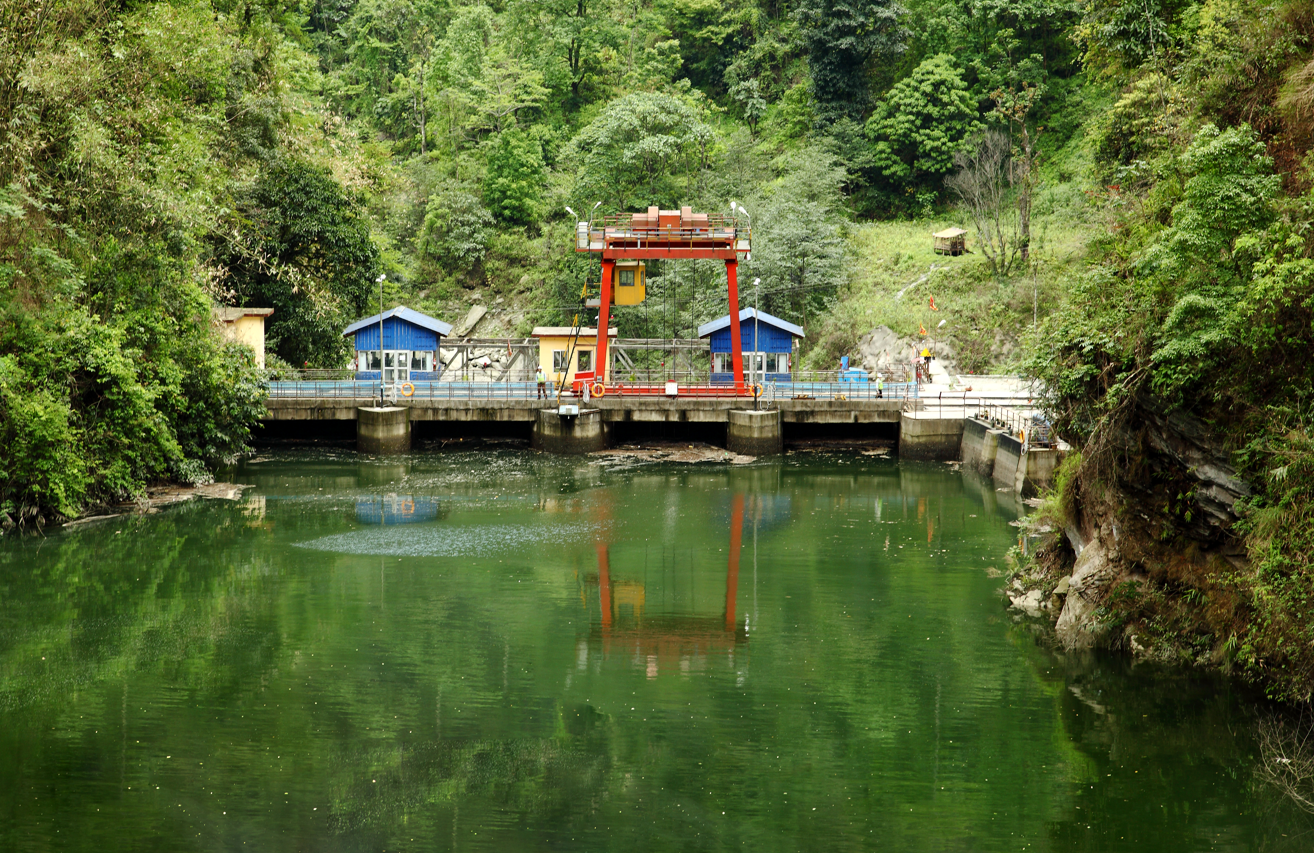Malcolm Turnbull: The Blackouts Across Iberia Are a Wakeup Call on Energy Security
The blackouts that affected the Iberian Peninsula earlier this week should be a wakeup call—not just for Spain and Portugal, but for policymakers all over the world.
When I was Prime Minister of Australia, it was the fear of blackouts and brownouts that drove me to champion the Snowy 2.0 pumped storage hydropower project. Australia was undergoing a rapid influx of solar generation. That was a good thing—but it brought new vulnerabilities. I realised that unless we invested heavily in storage and grid flexibility, the stability of our energy system—and the lives of millions of Australians—would be at risk.
The immediate causes of the Iberian blackouts may differ from what we faced in Australia. But two fundamental truths remain the same: first, energy security must be thought of at the level of the grid, not just individual sources of generation. Second, failing to do so has real, tangible consequences for citizens' lives.
It is no comfort to a family sitting in the dark, a hospital running on emergency power, or a business suffering financial loss, that the system "works on average." Energy security is binary: the lights are either on, or they’re not.
Governments and regulators need to rethink their approach. Far too often, the public conversation focuses narrowly on the merits or costs of individual technologies— hydropower, solar, wind, nuclear, or gas. This is missing the point.
What matters most is grid stability and system reliability. The question must not be: "Is this source cheap?" or "Is that technology clean?" It must be: "Can this grid deliver reliable, affordable, clean electricity whenever people need it?"
And within that conversation, storage is what I have often called "the ignored crisis within the crisis."

Batteries are often presented as the solution. They are cheap, easy and quick to install. As a recovering politician, I can fully appreciate the attraction. They certainly have a vital role to play, especially for short-duration balancing. But relying on batteries alone for long-duration storage is a red herring. They cannot feasibly or affordably provide the level of multi-hour, multi-day energy backup needed to keep entire grids stable at scale.
Pumped storage hydropower (PSH), however, is a different story.
Pumped storage already accounts for over 90% of the world’s long-duration energy storage. It is a proven, robust technology with more than a century of success behind it—and, crucially, it offers massive potential for future growth. Pumped storage helps mitigate the intermittency of renewables by storing surplus solar and wind energy, releasing it when production drops.
China and India have understood this. Together, they are building more than 200 GW of new pumped storage capacity to back up their enormous investments in solar and wind.
Europe, unfortunately, is coming late to the party.
Spain and Portugal are leaders within Europe on pumped storage. Projects like La Muela and Alqueva have set benchmarks. Alqueva has already proven that it can work as an innovative hybrid model of energy generation. But even here, ambition is falling short of need. More investment, faster permitting, and stronger integration of hydropower into national energy strategies are essential if Europe is to secure a stable, resilient energy future.
And it’s not just about storage. Hydropower—both conventional and pumped storage—provides critical flexibility to grids. It is a renewable energy source that can ramp up quickly, stabilise voltage and frequency, and support system reliability in ways that intermittent sources simply cannot. It is no coincidence that in Iberia, as so often, hydropower was the first responder technology to get the grid up and running.
The recent blackouts in Iberia remind us that no energy transition can succeed if it sacrifices reliability for speed or ideology. Clean energy without grid security is a false promise. Tellingly, it was the regions with the highest levels of hydropower capacity that were among the first to restore electricity—highlighting the value of fast-ramping, dispatchable generation in times of crisis. Hydropower proved its worth not just as a clean energy source, but as a backbone of resilience when the grid was under stress.
A stable, flexible, and decarbonised grid is achievable. But only if we stop treating storage as an afterthought—and start treating it as the cornerstone.
My thoughts are with all those afftected.
Malcolm Turnbull is the President of the International Hydropower Association (IHA), Chair of the Global Alliance for Pumped Storage, and former Prime Minister of Australia. Join the conversation at the International Forum on Pumped Storage from 9-10 September in Paris.









